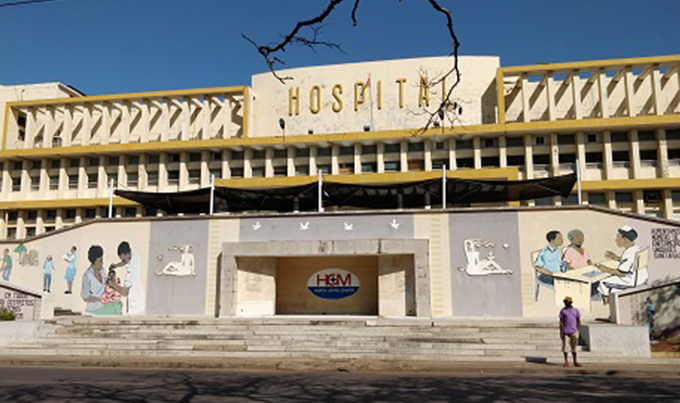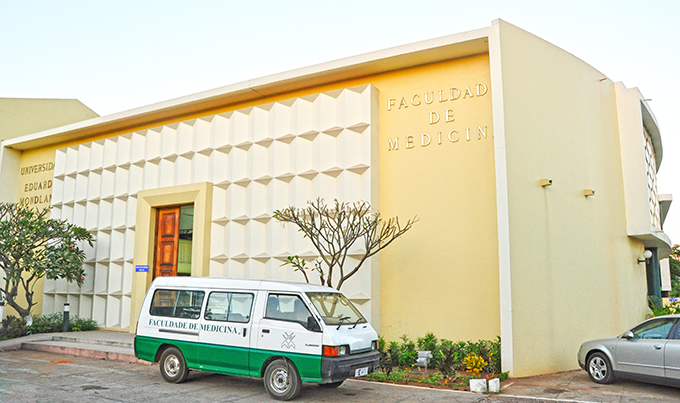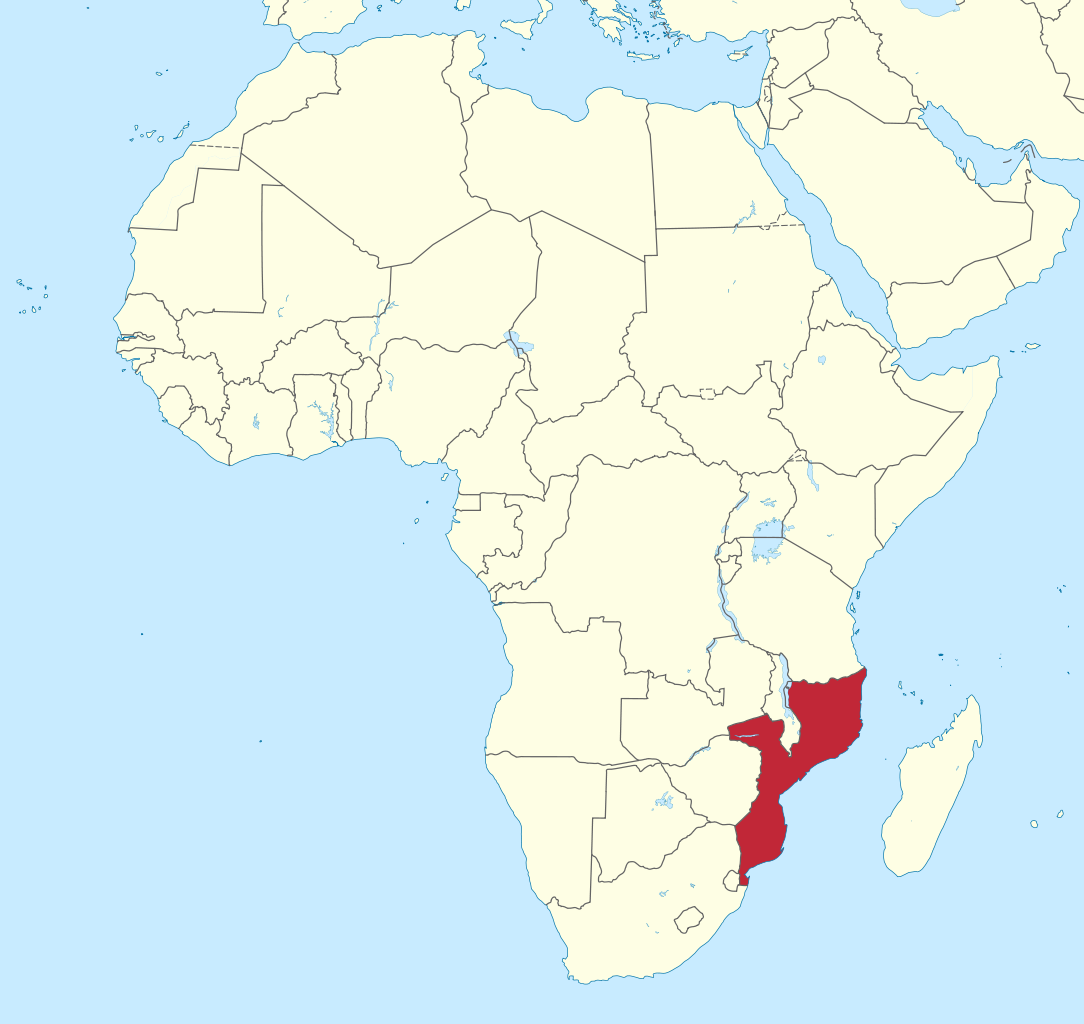We are proud to work hand in glove with our partner institutions in Mozambique. By leveraging the entire medical system that is Maputo Central Hospital and marrying it to the collective power at Renaissance School of Medicine at Stony Brook University, we’re creating a sustainable partnership that will drive better global health outcomes.

Maputo Central Hospital (MCH)
Maputo Central Hospital is a 1400-bed national referral hospital for the Republic of Mozambique and serves as its primary academic teaching facility. It is the largest quaternary hospital in the nation and a large majority of Mozambique’s total number of specialists (those with postgraduate training in specialties such as internal medicine, pediatrics, obstetrics and gynecology, surgery, anesthesia) are on the MCH staff and much of the clinical and translational research are undertaken at MCH.

The Universidade Eduardo Mondlane (UEM)
The Universidade Eduardo Mondlane (UEM) is Mozambique’s major public university. Located in the capital of Maputo, it offers a broad curriculum through its many schools, which include Faculties of Medicine, Veterinary Medicine, General Sciences, Mathematics and Engineering. The Faculty of Medicine* is Mozambique’s largest and most established school of medicine and provides postgraduate residency education for all specialties of medicine.
Please click here to visit the Universidade Eduardo Mondlane (UEM) website.
 Mozambique is a vibrant southern African nation endowed with rich and extensive natural resources. Notwithstanding, Mozambique is ranked 180 out of 189 countries and territories on the Human Development Index (HDI). The HDI is a summary measure for assessing long-term progress in three basic dimensions of human development: a long and healthy life, access to knowledge, and a decent standard of living.
Mozambique is a vibrant southern African nation endowed with rich and extensive natural resources. Notwithstanding, Mozambique is ranked 180 out of 189 countries and territories on the Human Development Index (HDI). The HDI is a summary measure for assessing long-term progress in three basic dimensions of human development: a long and healthy life, access to knowledge, and a decent standard of living.
Human resources for health are scarce in Mozambique with only 0.26 trained physicians per 1,000 persons and even fewer specialists. Maternal mortality is one of the highest on the planet at 489 per 100,000 live births (compared to 27 per 100,000 live births in the U.S.). Access to surgical care for emergency or disability is also scarce with surgical services concentrated in tertiary and quaternary health centers.
